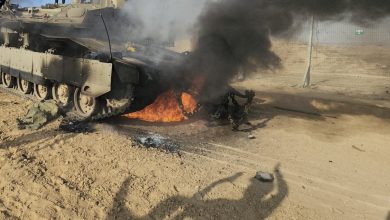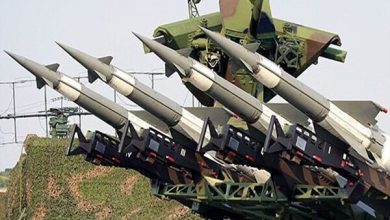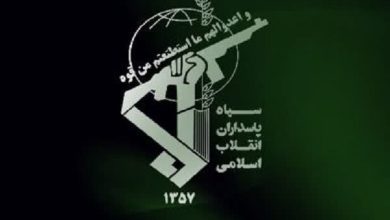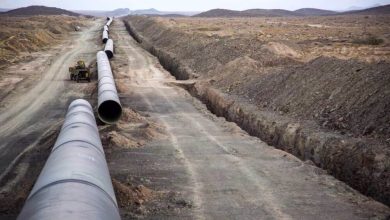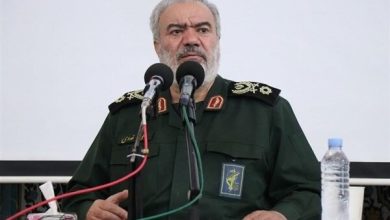Majority of Iranians Express Pride in Nation’s Missile and Drone Reactions to Zionist Actions: Survey
A recent survey conducted by the research division of the Islamic Republic of Iran Broadcasting (IRIB) reveals that approximately 77 percent of Iranians express pride in their country's reaction to the recent acts of aggression by Israel.
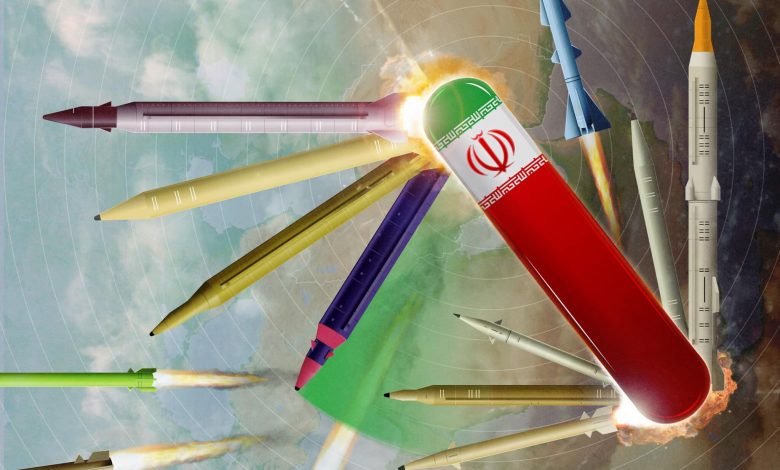
The survey revealed that 51.6% of the participants were male, while female respondents accounted for 48.4%.
A survey revealed that 77 percent of participants expressed feeling “very proud” regarding Iran’s retaliatory missile and drone strikes, which were in response to what they described as the Zionist regime’s unprovoked and unlawful aggression.
Operation True Promise III, spearheaded by the Iranian armed forces and led by the Islamic Revolution Guards Corps (IRGC), has garnered widespread national support. This military initiative has effectively united the nation in response to external aggression.
A recent survey revealed that 80.5 percent of respondents rated Iran’s armed forces as “completely strong” or “relatively strong” in their response to Israeli actions. This indicates an increasing public confidence in the military’s capacity to ensure national security.
The survey assessed public opinion regarding the effectiveness of Iran’s air defense systems amid the recent conflict. Results indicated that 69.8 percent of participants commended the performance, highlighting considerable public confidence in the nation’s military capabilities, especially the air defense sectors.
Iran’s air defense forces successfully intercepted the majority of missiles launched by Israel, along with reconnaissance drones deployed by Israeli intelligence.
In various regions of the country, over a dozen Hermes drones have been reportedly brought down. Additionally, some reports suggest that at least two F-35 fighter jets were also shot down.
In response to questioning about sentiments towards the Israeli military actions that commenced on June 13 and concluded with Israel’s unilateral ceasefire on June 24, a notable 42.1 percent of those surveyed expressed profound “anger and rage toward the enemy.”
The intended aggression aimed at instilling fear within Iranian society and inciting internal discord ended up having the reverse outcome, rallying national sentiment in opposition to the adversary.
In assessing the effects of actions attributed to Israeli-American efforts and the subsequent Iranian response on Iran’s national security, 51.8 percent of those surveyed indicated that they believe such developments have “enhanced national security.”
Meanwhile, 21.1 percent of respondents indicated that the situation remains unchanged compared to previous conditions.
Amid the conflict, the Iranian populace demonstrated strong support for their military forces as they executed various phases of missile and drone operations targeting critical and strategic sites in the occupied regions, resulting in substantial damage.
A recent survey has revealed that an overwhelming 89.5 percent of participants are in favor of enhancing Iran’s ballistic missile program, citing current circumstances and perceived threats as motivating factors.
Iranian authorities have consistently maintained that the nation’s missile program remains “non-negotiable,” underscoring its significance in the sphere of national defense. Over recent years, Iran has solidified its position as a formidable global leader in missile and drone technology.
In a recent survey, 76.8 percent of respondents expressed a belief that Iran’s military prowess, as evidenced during the 12-day conflict, was either “very high” or “high” in its effectiveness in deterring potential future aggressions.
The survey underscored the unifying impact of the imposed conflict, as evidenced by a massive funeral procession in Tehran for fallen military commanders. The event, which drew a crowd in the millions, showcased a collective show of solidarity against the perceived Zionist adversary.
It has been reported that 79.8 percent of surveyed individuals indicated that the 12-day conflict significantly affected national cohesion and unity, with respondents describing the impact as either “very high” or “high.”
A survey has revealed that only a minor fraction of the Iranian population expresses trust in Israel’s dedication to upholding the unilateral ceasefire it announced after the recent Iranian missile attacks.
Only 13.7 percent of those surveyed expressed that they were “very” or “extremely optimistic” about the regime’s commitment to the ceasefire.
In contrast, 36.1 percent of respondents expressed being only “somewhat” or “slightly optimistic,” whereas a substantial 46.5 percent indicated they are “not at all optimistic” regarding Israel’s commitment to the truce.
The survey indicated significant public resistance to Western demands for the disassembly of Iran’s nuclear sector and the restriction of its missile capabilities.
An overwhelming 78 percent of those surveyed voiced opposition to dismantling the nuclear program, and 85.2 percent were against imposing any restrictions on the missile program. This highlights robust national backing for Iran’s peaceful nuclear initiatives and its defensive missile capabilities.
A survey has revealed that 57.4 percent of participants expressed a strong willingness to engage in potential future conflict with the Israeli regime, highlighting a significant level of national unity and determination.
A recent survey revealed that a combined 45.9 percent of participants felt the United States had achieved “very less” or “less” success in its efforts to target and dismantle Iran’s nuclear facilities. Meanwhile, 15.6 percent of respondents expressed the opinion that the strikes were “not at all” successful.
The survey further explored public perceptions regarding foreign digital platforms. A significant 68.2 percent of participants expressed the belief that applications like WhatsApp, Instagram, and Telegram function largely or entirely as surveillance tools for the Zionist regime.
A significant majority of respondents, 79 percent, expressed strong opposition to the assertions made by Israeli Prime Minister Benjamin Netanyahu and Trump. The claims that their opposition targets solely the Islamic Republic rather than the Iranian populace were perceived as misleading, reflecting a wide disapproval of narratives seen as attempts to create division.

